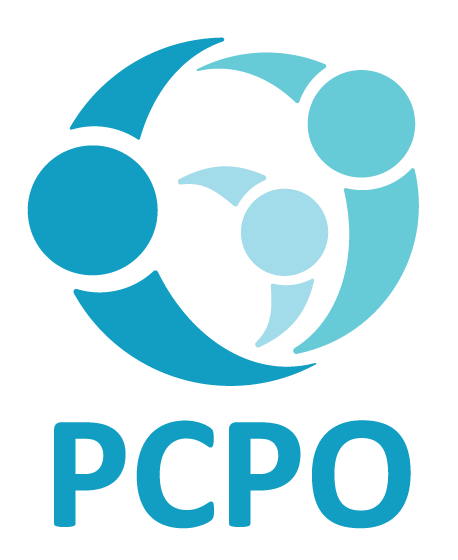
LEARNING TOGETHER THROUGH PLAY




SELECTING A PRESCHOOL
Choosing a preschool can be an overwhelming process! Below are some helpful tips to consider.
All PCPO member schools operate independently within the cooperative preschool philosophy, but procedures, curriculum and parent responsibilities vary. PCPO respects the individuality of each school. When selecting a particular co-op school, these are some things to consider:
BASIC INFORMATION
-
School name and location
-
Registrar's name and phone number
-
Teacher's name and experience
-
Ages served
-
Birthday cut-off date
-
Days and times of classes
-
Adult to child ratio
-
Tuition and registration fee (due date?)
-
Additional fees
-
Is there a waiting list
-
What forms need to be filled out and when are they due
PARENT PARTICIPATION
-
What are the opportunities for parent education?
-
How are parents involved in policy- and decision-making?
-
Are there opportunities for informal support, such as picnics, coffees. etc?
-
How often are the parents required to help in the classroom?
-
Are there parent meetings? How often? Is attendance required?
-
Are committee jobs required? Examples?
-
Are parents required to participate in school maintenance?
-
Are parents required to participate in fundraising? What type and how often?
EDUCATIONAL PROGRAM
PCPO supports developmentally appropriate education as delineated by the National Association for the Education of Young Children. Developmentally appropriate programs are based on knowledge of how young children learn and are both age and individually appropriate. Curriculum is addressed to the whole child's development - social, emotional, physical and intellectual. The value of play is respected. The environment is prepared so that children learn through active exploration and interaction with adults, peers, and materials. The emphasis is on child-choice rather than highly-structured, teacher-directed lessons. Arrange to visit the classroom session.
Find answers to these questions by observing or asking the teacher at a later time:
Does the schedule include the following:
-
A large block of time for children to select their own activities and companions?
-
A large group time to enjoy songs, stories, games and drama together?
-
Some time for small informal groups to pursue special interests in depth?
-
Some time for active, often noisy play outdoors or in a safe indoor space on rainy days?
Does the school have a written educational philosophy?
-
Are children offered many opportunities to develop social skills such as cooperating, helping, negotiating, and solving problems
-
Are the children's individual capabilities respected rather than requiring all to participate in every aspect of the program?
-
Are the children developing knowledge and skills through hands-on activities, instead of doing paper and pencil tasks and rote memorization?
-
Is the children's creativity respected and provided for, rather than insistence on prepared craft projects?
-
Does the method of discipline support the growth of self-control by using positive guidance techniques instead of punishment for misbehavior?
-
Is there respect and support for diversity?
-
If there is religious affiliation, religious instruction or philosophical orientation, is it compatible with your own beliefs?
-
Has the school addressed health and safety issues and developed and emergency procedure?
-
Is there a snack time and who provides the snacks?
-
If there are field trips, who provides transportation?
Remember, as the parent you know your own child and are the best-qualified to choose the environment where your child will thrive.